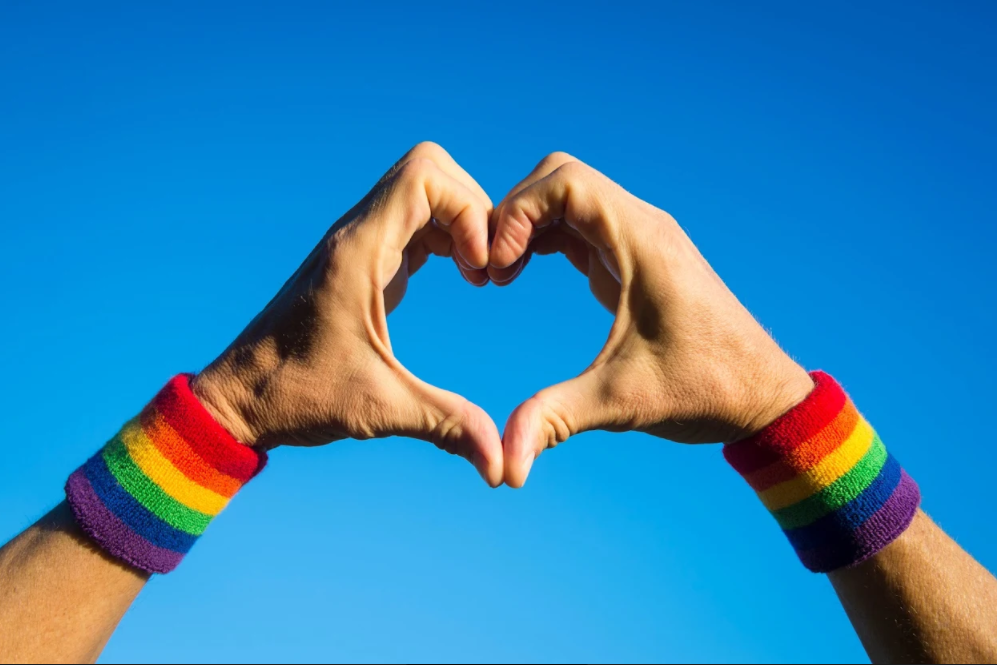An Economic case for LGBT+ inclusion in Kenya

Countries that have successfully made the transition to high-value economies share common policies and traits. One of the most important and least discussed is that an open and inclusive society that creates a welcoming environment for investment, talent, and inclusive growth. In particular, LGBT+ inclusion sends a clear signal that a country is “open for business”.
As the month of Pride comes to a close there has been an increasing number of brands and/or companies that have come out in support of the LGBT+ inclusion globally. This is largely as a result of rapid shifts in opinion and recognition that inclusivity is simply good for business.
In a report published by Open for Business, it showed that inclusion is an economic and business issue, essential for Kenya to reach the goals enumerated in Vision 2030 and to move up the value chain and become a leading, modern economy. It is intended to present a perspective on LGBT+ inclusion that is typically lost in public discussions.
The headline findings from the report include:
- The evidence base for LGBT+ inclusion in Kenya
The business and economic case for LGBT+ inclusion exists on three levels – economic performance, business performance and individual performance. In this report, it was concluded that nine of these propositions apply especially strongly to Kenya, and these are in the areas of improved economic performance and improved business performance:
-
Foreign Direct Investment
Open and inclusive societies are more likely to attract higher levels of Foreign Direct Investment (FDI).
-
Public Health
A more inclusive society will lead to a healthier, more productive economy for everyone.
-
Urban Economic Development
As Kenya continues to rapidly urbanise, a transition to high-value service industries is needed to create jobs for this shifting population. Openness and inclusion will help create the environment for urban economic growth.
-
National Productivity
Open and inclusive environments have higher levels of national productivity and more efficient allocations of human capital.
-
National Reputation
National reputation underpins Kenya’s ability to attract talent and investment, to drive
tourism, and to grow exports. Discrimination can undermine national reputation.
-
Brand Strength & Customer Orientation
Diverse and inclusive brands position themselves as progressive, global brands, which builds their brand strength. Inclusive companies are also better able to serve a diverse customer base.
- Attracting & Retaining Talent
Companies that are truly inclusive are more successful in attracting and retaining talented employees.
- Corporate Governance
Companies that have higher levels of diversity at board level have stronger corporate governance.
- Financial Performance
Companies that are diverse and LGBT+ inclusive have better share price performance.

